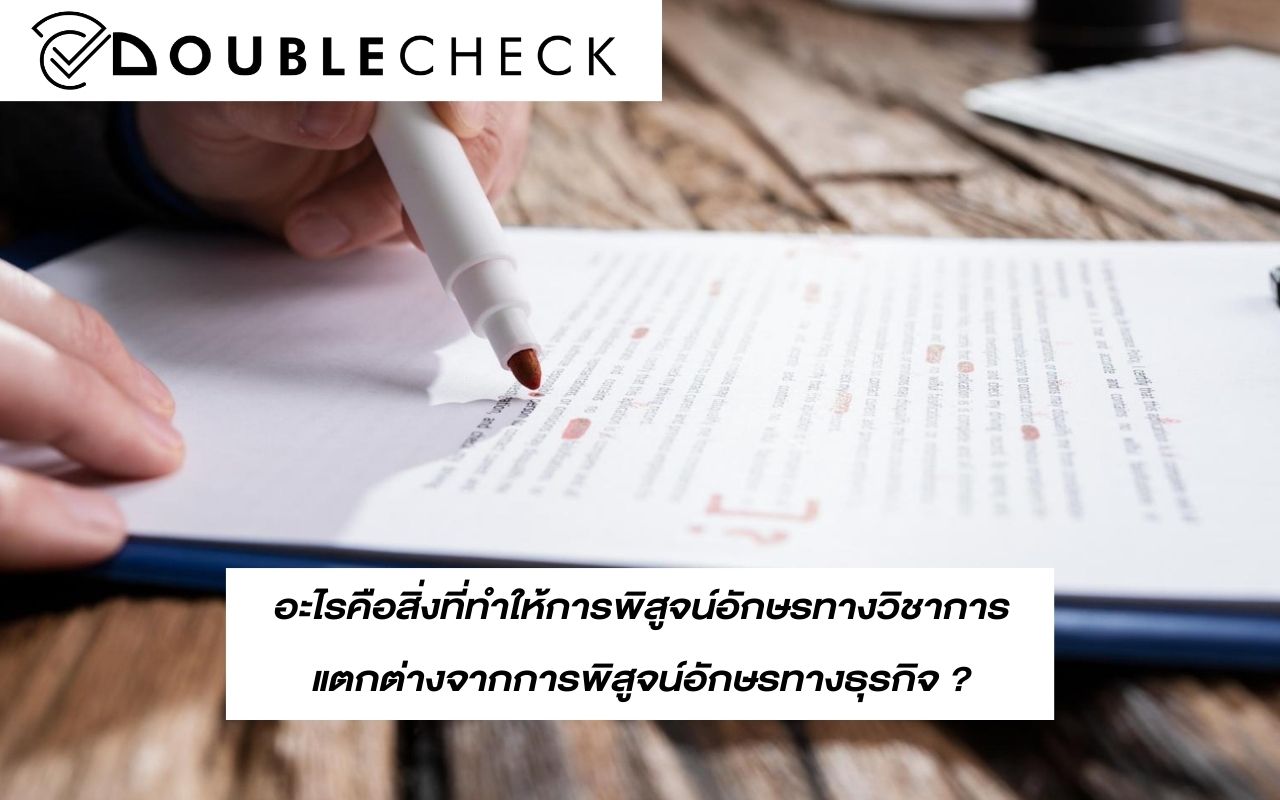Proofreading is a critical step in the process of Translation Services, regardless of the type of material being produced. It is the final stage of the editing process, focusing on surface errors such as misspellings and mistakes in grammar and punctuation. However, the process of proofreading can vary significantly depending on whether the content is academic or business-oriented. This essay will delve into the differences between Academic Proofreading and Business Proofreading, highlighting the unique aspects of each.

Academic proofreading serves as an essential process in the lifecycle of an academic paper or manuscript. It is a meticulous and detailed procedure that involves a thorough examination of the document for any potential errors or inconsistencies in grammar, spelling, punctuation, as well as formatting. This particular brand of proofreading necessitates a profound and in-depth understanding of the standards and conventions associated with academic writing.
In the context of academic proofreading, a significant portion of the work is devoted to checking the adherence to specific citation styles. These styles could vary from the American Psychological Association (APA) style, the Modern Language Association (MLA) style, to the Chicago Manual of Style among others. It is the responsibility of the academic proofreader to ensure that all sources are appropriately cited and referenced following the chosen style.
Additionally, academic proofreading also involves a careful review of the logical flow of arguments presented in the document and the coherence of the ideas expressed. In academic writing, clarity and conciseness are of paramount importance. An academic proofreader, therefore, undertakes the task of ensuring these qualities are consistently maintained throughout the text, thereby enhancing readability and understanding.
Moreover, it is often necessary for academic proofreaders to possess a general understanding, if not a comprehensive grasp, of the subject matter they are proofreading. While it is not mandatory for them to be subject matter experts, possessing a working knowledge of the topic under discussion can greatly aid in identifying any inconsistencies or inaccuracies in the content. Doing this aids in upholding the academic integrity of the work, thereby enhancing its overall quality and the credibility of the Translation Service in Thailand.
Business proofreading, in contrast with other forms of proofreading, involves an extensive review of business-related documents. These documents can range from internal reports, proposals, and emails, to outward-facing marketing materials. Similar to its academic counterpart, business proofreading also focuses on correcting surface errors. However, the focus and unique stylistic nuances of business proofreading can differ substantially from academic proofreading.
Business proofreading often places a high degree of emphasis on ensuring the maintenance of a professional tone throughout the document. It also puts a premium on aligning the document with the brand’s specific voice and style guide. Unlike academic papers that are usually targeted towards a specific, often specialized, audience, business documents are typically intended for a broader, more diverse audience. They need to be not only clear and concise but also free of industry-specific jargon.
In addition, business proofreaders are often called upon to check for consistency in the use of terminology, logos, and colors. This is especially important for marketing materials where brand recognition plays a significant role. Furthermore, business proofreaders also need to ensure that the document is persuasive and impactful. Many business documents, especially those in marketing, are designed with the primary aim of convincing the reader to take a specific action, such as purchasing a product or service, or subscribing to a newsletter. Thus, it is paramount for the proofreader to ensure that the document effectively serves its intended purpose.
In summary, while both academic and business proofreading involve careful review of written content for errors, the focus and requirements of each are distinct. Academic Proofreading requires a deep understanding of academic conventions and often involves checking for adherence to specific citation styles. On the other hand, Business Proofreading requires a focus on clarity for a broad audience, maintaining a consistent brand voice, and ensuring the document is impactful and persuasive. Understanding these differences is vital for both writers and proofreaders in producing high-quality, effective content.

DoubleCheck provides English consulting services tailored to help Thai businesses effectively communicate with their English speaking audiences. DoubleCheck is based in Bangkok, but operates throughout all of Thailand.
